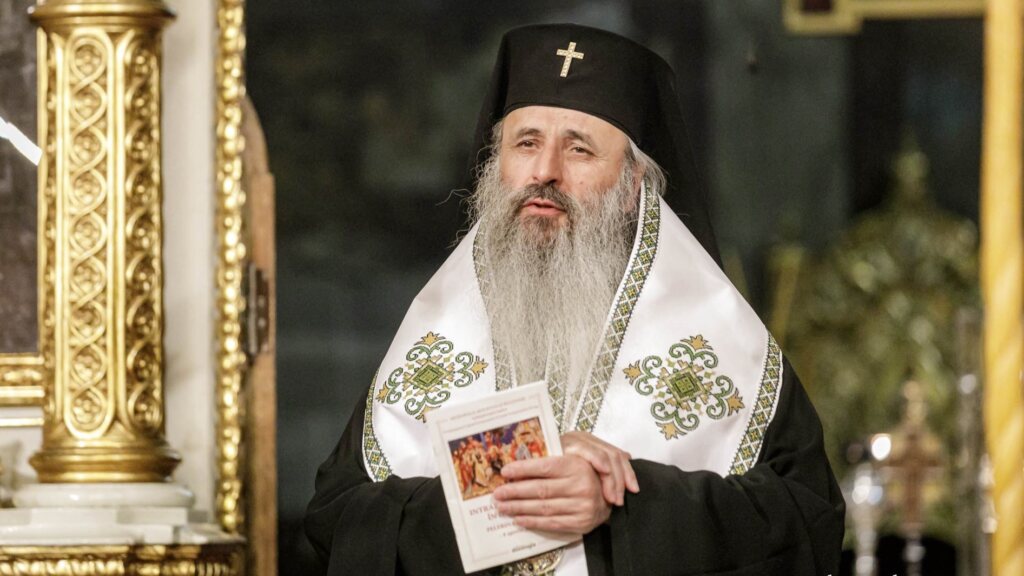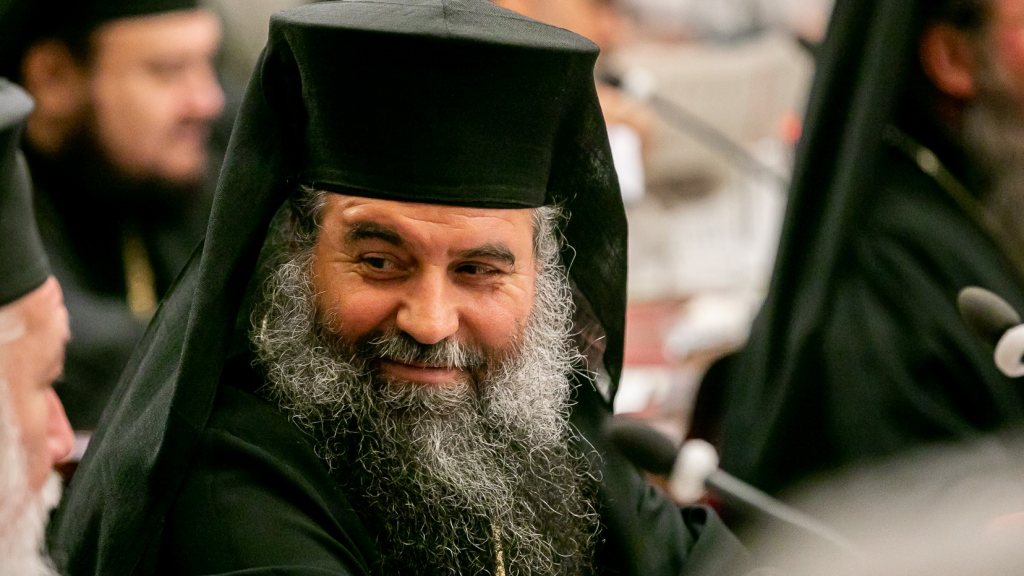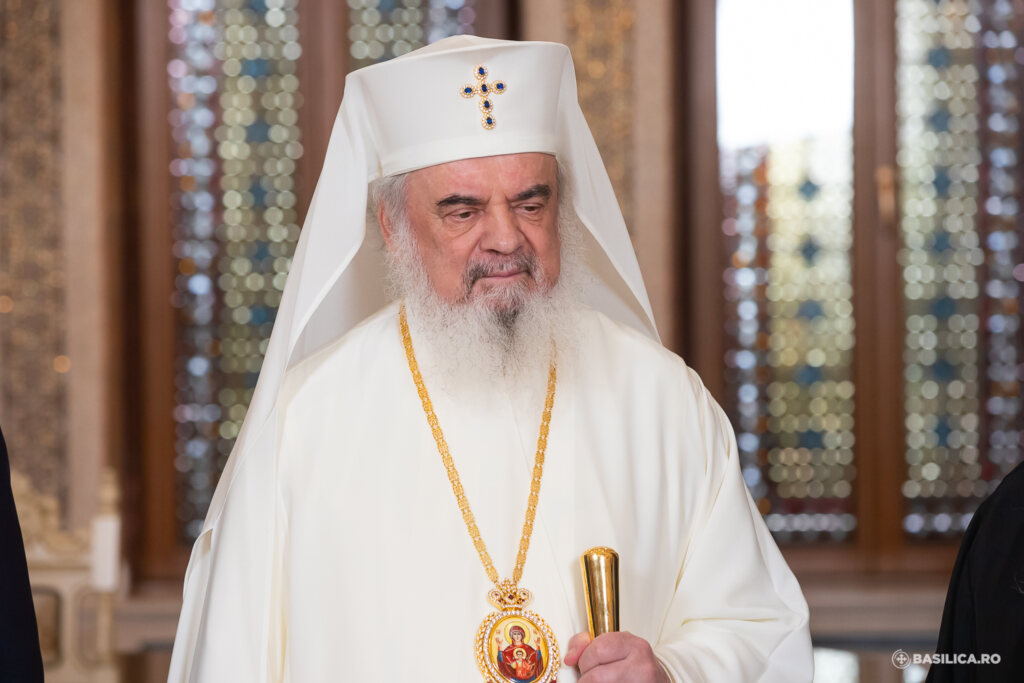Today, 8 February 2015, the Orthodox Church is on the 34th Sunday after the Pentecost, of the Return of the Prodigal Son. The evangelical parable of Luke 15:11-32 which presents the Return of the Prodigal Son was read in all the Orthodox churches, at the Divine Liturgy:
“Jesus continued: “There was a man who had two sons. The younger one said to his father, ‘Father, give me my share of the estate.’ So he divided his property between them. “Not long after that, the younger son got together all he had, set off for a distant country and there squandered his wealth in wild living. After he had spent everything, there was a severe famine in that whole country, and he began to be in need. So he went and hired himself out to a citizen of that country, who sent him to his fields to feed pigs. He longed to fill his stomach with the pods that the pigs were eating, but no one gave him anything. “When he came to his senses, he said, ‘How many of my father’s hired servants have food to spare, and here I am starving to death! I will set out and go back to my father and say to him: Father, I have sinned against heaven and against you. I am no longer worthy to be called your son; make me like one of your hired servants. But while he was still a long way off, his father saw him and was filled with compassion for him; he ran to his son, threw his arms around him and kissed him. The son said to him, ‘Father, I have sinned against heaven and against you. I am no longer worthy to be called your son.’ But the father said to his servants, ‘Quick! Bring the best robe and put it on him. Put a ring on his finger and sandals on his feet. Bring the fattened calf and kill it. Let’s have a feast and celebrate. For this son of mine was dead and is alive again; he was lost and is found.’ So they began to celebrate. Meanwhile, the older son was in the field. When he came near the house, he heard music and dancing. So he called one of the servants and asked him what was going on. Your brother has come,’ he replied, ‘and your father has killed the fattened calf because he has him back safe and sound.’ The older brother became angry and refused to go in. So his father went out and pleaded with him. But he answered his father, ‘Look! All these years I’ve been slaving for you and never disobeyed your orders. Yet you never gave me even a young goat so I could celebrate with my friends. But when this son of yours who has squandered your property with prostitutes comes home, you kill the fattened calf for him!’ ‘My son,’ the father said, ‘you are always with me, and everything I have is yours. But we had to celebrate and be glad, because this brother of yours was dead and is alive again; he was lost and is found.’”
His Beatitude Daniel, Patriarch of the Romanian Orthodox Church delivered a sermon in the chapel of the Patriarchal Residence dedicated to Saint Gregory the Enlightener in which he explained the teaching of the evangelical parable scheduled to be read during the Divine Liturgy.
The parable of the “Prodigal Son” urges us to repent more for our sins
“Today’s gospel is both for forgiving the sinner repented and for improving the faithful unforgiving. The parable of the “Prodigal Son” has become a model of repentance for all people, especially for those to become monks. This is why the troparion of the monastic service is a prayer of repentance of the Prodigal Son. The content of this troparion is included in the kathisma of the Matins of the Sunday of the Prodigal Son. Thus, it is a chant of repentance inspired from the Gospel on the Prodigal Son. The parable of the “Prodigal Son” urges us to repent more for our sins and to communicate more often with the Holy Eucharist in order to enjoy the forgiveness, renewal of the life and the work of the grace of Christ Crucified and Risen in us”, the Patriarch of Romania said.
The Gospel shows us that sin and death are accidents of the false freedom
“Today’s Holy Gospel shows us, in fact, that sin and man’s alienation from God are not natural states, but unnatural, even if sometimes people got used to sin so much that sin is considered as something natural or normal, and death as a natural phenomenon. But from a spiritual point of view, sin and death are not natural or normal according to the will of God, but the “fallen nature”, accidents of the man’s false freedom as a result of man’s alienation from God and falling out of the communion with Him, as Saint Paul the Apostle says: “the wages of sin is death”, (Romans 6:23), the Primate of the Romanian Orthodox Church also underlined.
Next Sunday, the Orthodox Church will be on the Sunday of the Frightening Judgement or of the beginning of the Lent period with no meat.






